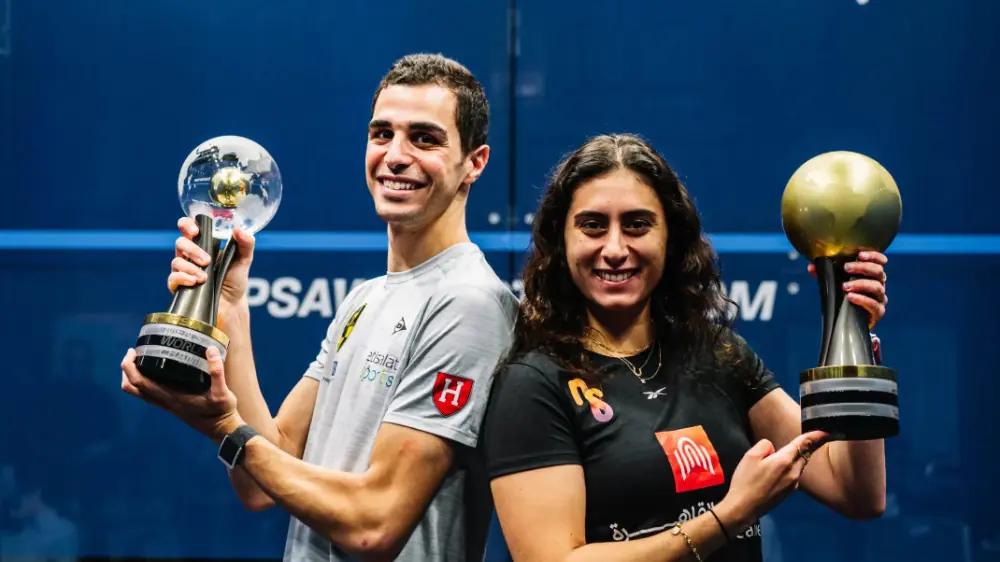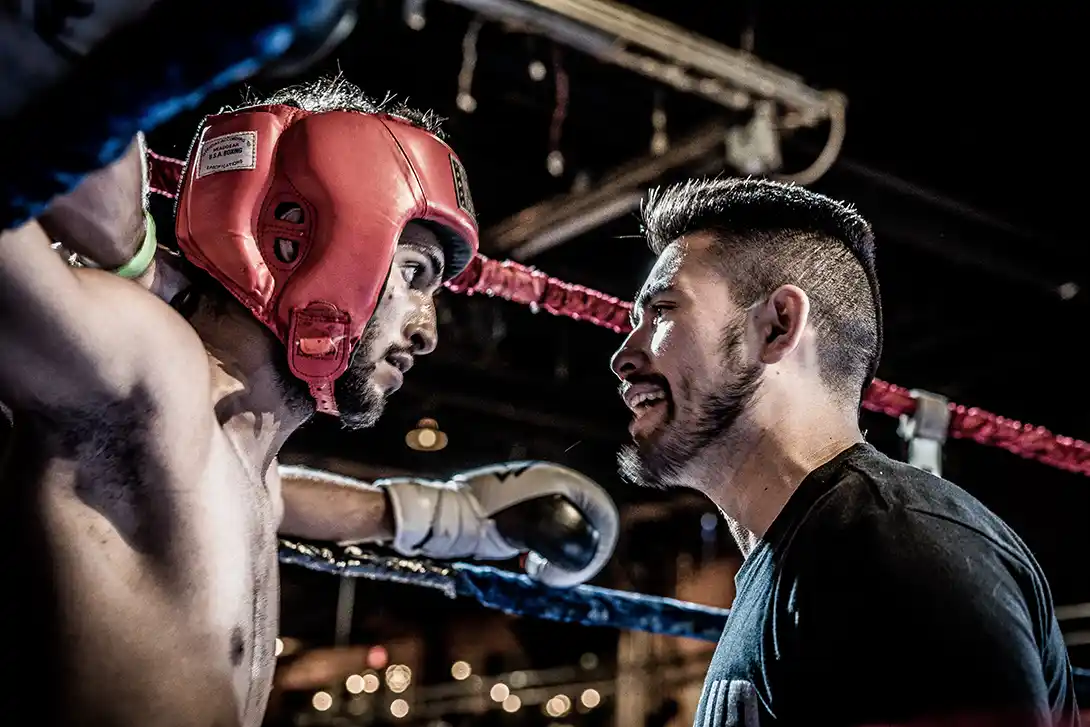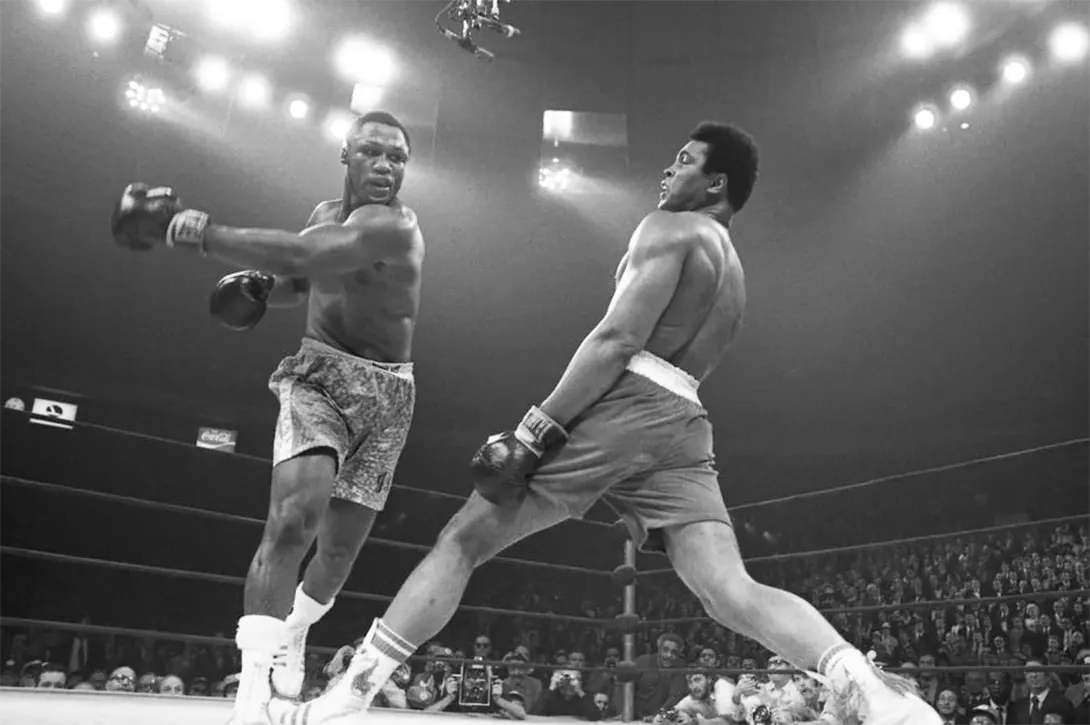18 November 2022 / 3-Min Read / Translate
Who doesn’t love the idea of fighting to become the best player they can without any help? Proving to the world that you, and you alone, have the intelligence, ability and spirit to conquer your chosen sport. From nobody to hero is a theme in literature going back centuries. But it is just that; fiction.
It’s hard enough to become a professional squash player with all the help available, but to do it alone? Impossible? No, not impossible, but almost. If you follow sports, and I don’t, you can probably give me examples of great players who said they didn’t have a coach. I think I remember it being said that Ramy Ashour didn’t have a coach, and that may be true for part of his career, but I don’t believe for a second that at no time did he have coaching.
So that leads us to two questions: what is the role of the coach? What is the difference between having a coach and having coaching? What other help can a player get that isn’t coaching?

A lot depends on the age and standard of the player when a coach becomes involved. This article would become more like a book if I were to discuss “coaching”, so let’s keep it focused on a player who wants to become a professional. Most professionals start playing squash before they are ten and in many cases before they are 8. Does that means that anybody older can’t become a pro? No, it just means that as each year goes by it becomes increasingly more difficult. Nowadays, if you have reached a certain standard by 13 or 14, the chances are almost zero.
A coach must guide the player’s development. Specifically ensuring that their technique doesn’t have any serious issues – it’s NOT to make them have perfect technique. That can come alter. It’s to teach them good habits, both on and off the court, specifically to do with shot selection and tactical awareness. And finally, to offer advice and guidance with the mental side of the game that you can’t find in books or apps. personal things that relate to specific situations.

This is boxing, but the situation is very similar to squash: sometimes you need to hear the hard truth
Having a coach implies that this person is available to help you when you need them. Having coaching implies that you visit a person who helps you during that time. A coach might come to competitive matches, talk to you before and after those matches and maybe even liaise with other people (specialists) to ensure you get the specific help you need.
Having coaching might be a temporary situation to address some areas that you want to improve upon; swing issues for example. having a coach is a personal relationship that develops over time. Being coached is less about inter-personal communication and more about technical information.

Even the great Muhammad Ali had people to help him
Yes, it is definitely possible to improve without a coach, but why chose the hard way if you don’t have to? It takes a particular type of person to do that; a person who enjoys independence, is able to listen to different views and select those that best suit their situation. That type of person is rare. Most of us benefit from working with somebody, even if it’s not regular sessions.
I’ve written quite a lot about coaching and how important it is to have it as soon after you start as possible, but that’s not always possible. The reality is though that if you don’t have access to a coach, your chances of becoming a great player drop drastically. Same as if you didn’t have a squash court near where you live.
Improvement and progress is possible without a coach, but reaching your potential is highly unlikely. There may be exceptions to that, and we will always look to those for either inspiration or as an excuse. Finding the right coach may be the most important thing you do to improve your squash.